Famous Wildlife Reserves Around the World
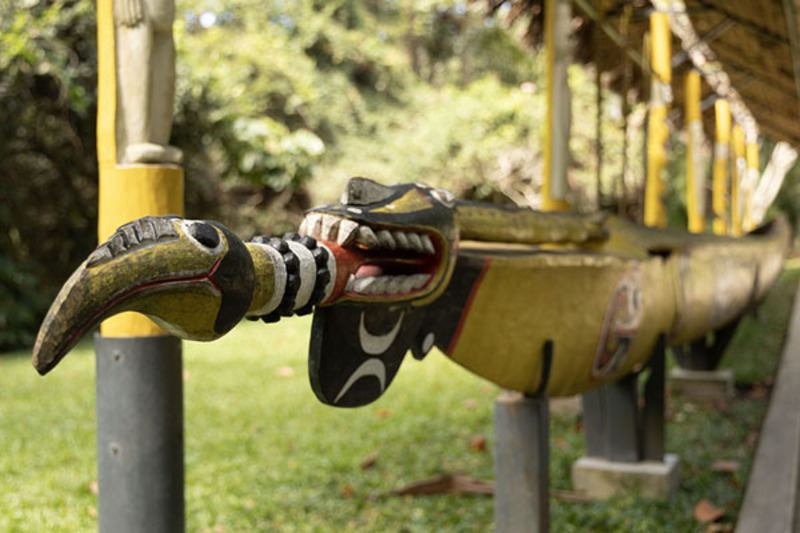
The world boasts a number of well-known wildlife reserves, which serve as sanctuaries for a variety of species, playing a crucial role in conservation and offering opportunities for eco-tourism. Some of the most famous include Selous Game Reserve, Maasai Mara National Reserve, Manas Wildlife Sanctuary, Kalahari Game Reserve, and Moremi Game Reserve. This article will provide an overview of these world-renowned natural reserves, highlighting their unique characteristics and ecological significance.
Location: Manghe Village, Manghe Town, Yangcheng County, Shanxi Province, China
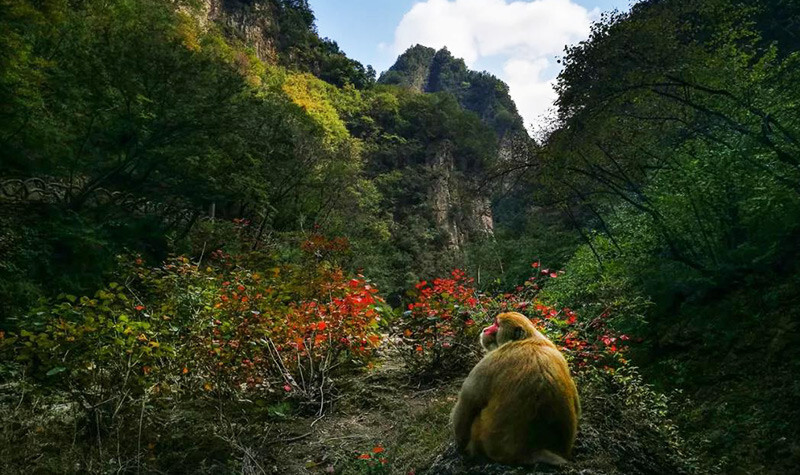
The Yangcheng Manghe Macaque National Nature Reserve in Shanxi Province is dedicated to the protection of macaques and other rare wildlife species. It is often referred to as the "botanical and zoological treasure trove of Shanxi." Covering an area of 5,573 hectares, 5,229 hectares of which are forested, the reserve has a vegetation coverage rate of 93.8%.
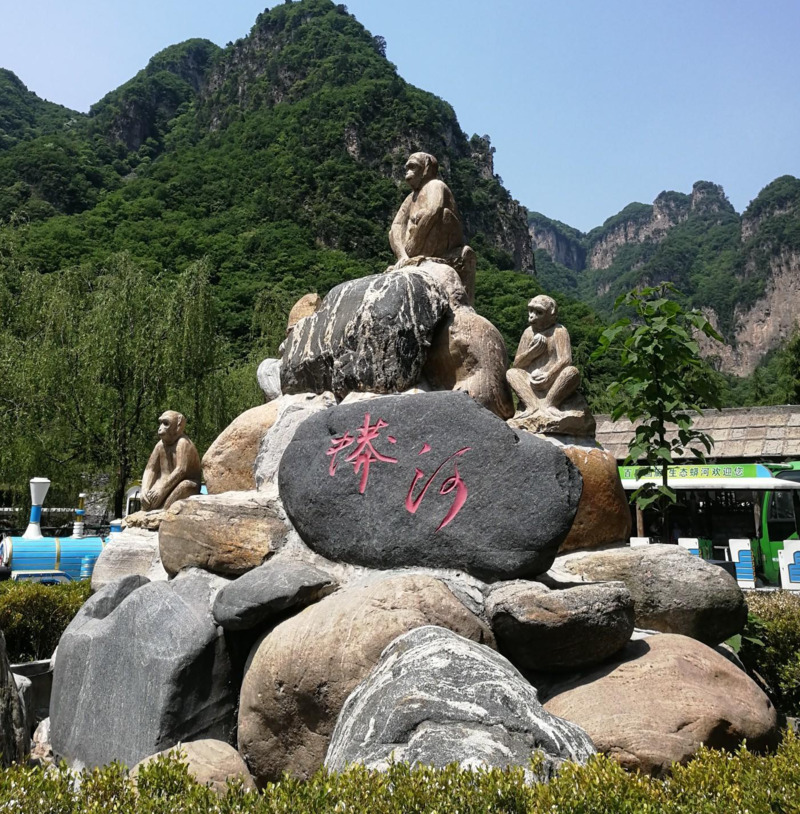
The landscape is characterized by deep ravines, canyons, unique peaks, and waterfalls. The reserve is home to stunning natural features such as the Xiaohuangguo Waterfall, Erlongxi Pearl, Shengtai Pool, Mang Lake, and the peculiar Manghe Cave complex, making it a "small Guilin of North China" and sometimes called the "Jiuzhaigou of Jin City."
Location: California, USA
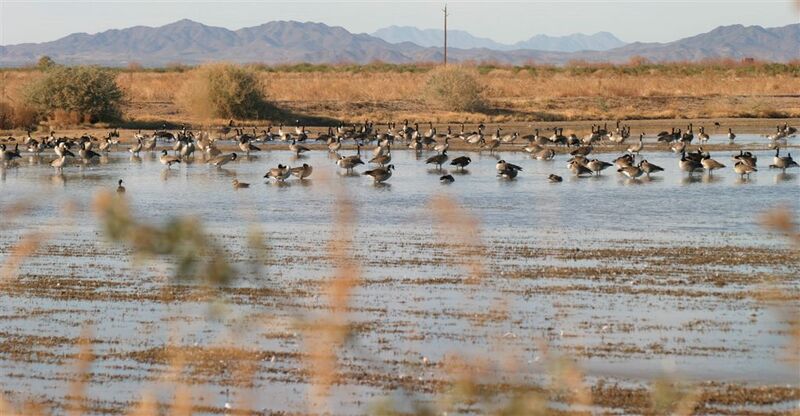
The Imperial National Wildlife Refuge is an important wildlife viewing destination in California, attracting nearly 150,000 visitors annually. Established in 1941, the reserve covers approximately 30 miles of the lower Colorado River, providing a habitat for migratory birds and other wildlife.
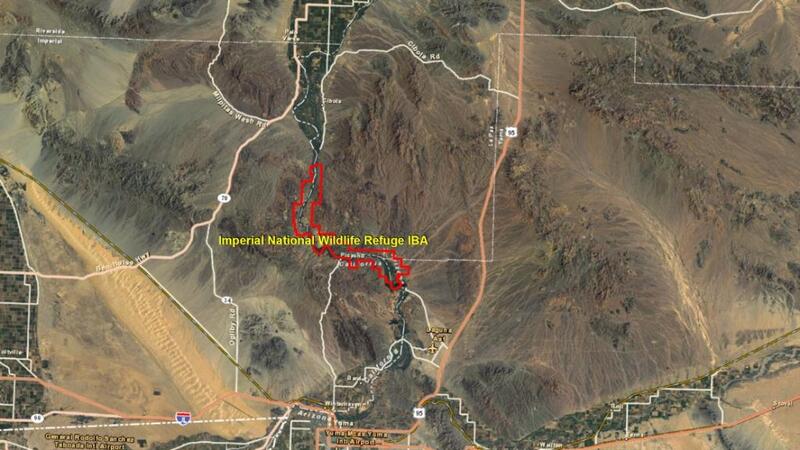
The refuge, which includes parts of Imperial County and the last unmodified section of the Colorado River before it enters Mexico, is managed with a strict "viewing only" policy. This approach allows wildlife populations to thrive while maintaining a healthy and undisturbed ecological environment.
Location: Southeastern Tanzania, Republic of Tanzania
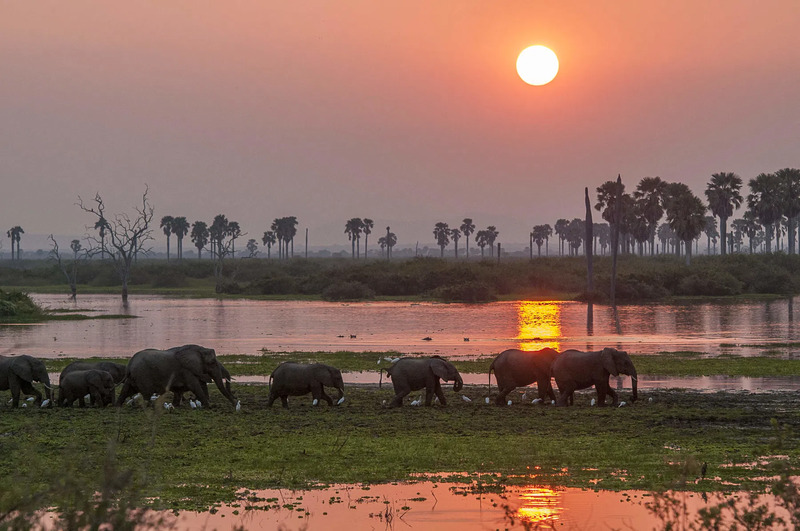
Selous Game Reserve, located in the Rufiji River Basin in southeastern Tanzania, is one of the largest game reserves in Africa, covering an area larger than some entire countries. It is home to a rich diversity of rare wildlife, making it a world-class ecological treasure and a top international tourist destination. In 1982, UNESCO added Selous to the World Heritage Sites list for its unique ecological value.
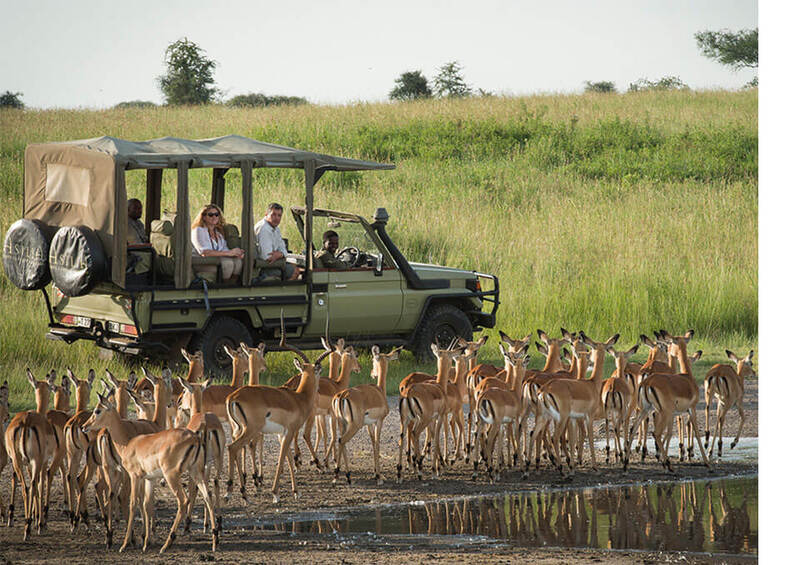
The reserve features vast grasslands, towering mountains, lush forests, winding rivers, gushing torrents, and scattered lakes, all combining to create a magnificent natural landscape.
Location: Southwestern Kenya, bordering Tanzania
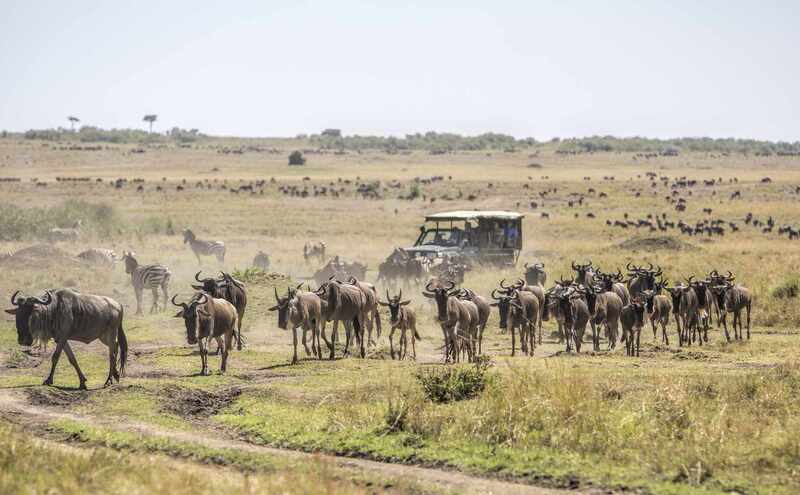
Located in southwestern Kenya, Maasai Mara National Reserve is adjacent to Tanzania's Serengeti National Park. The reserve, established in 1961, spans 1,800 square kilometers and is famous for its rich wildlife. It is home to around 95 species of mammals and 450 species of birds, making it one of the top wildlife reserves globally and a designated hunting-free zone.
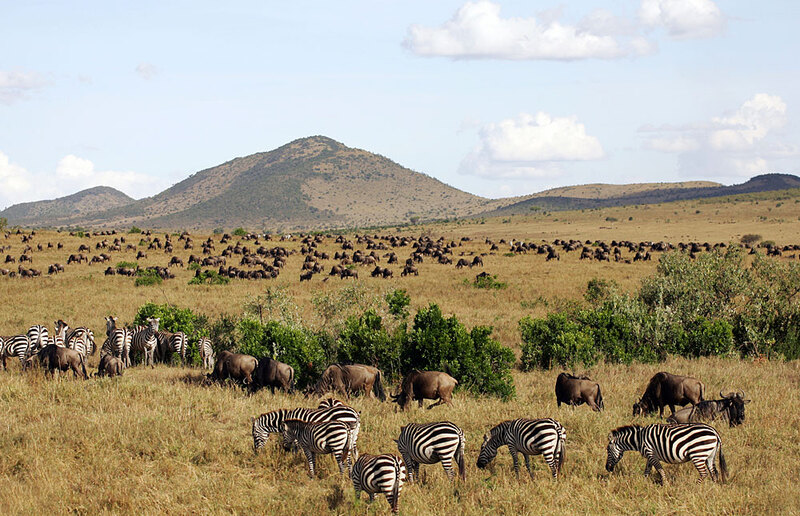
In the early 1930s, American writer Ernest Hemingway visited the region and later published Green Hills of Africa, a vivid portrayal of its abundant wildlife. Maasai Mara has also been featured in numerous wildlife documentaries, making it a dream destination for animal lovers and photographers.
Location: Botswana, Africa
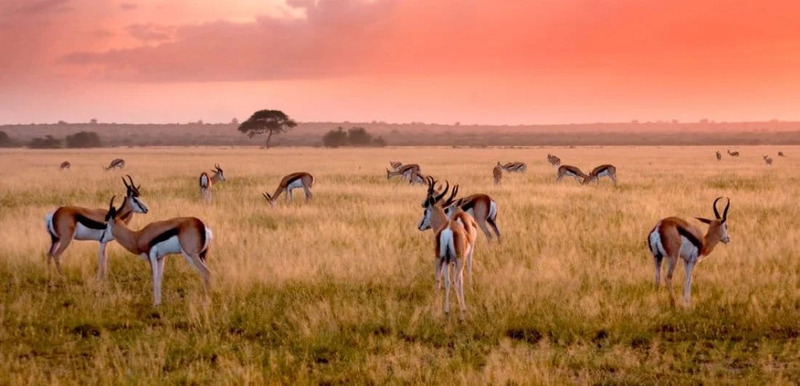
The Kalahari Game Reserve, located in the heart of Botswana’s Kalahari Desert, spans 52,800 square kilometers, covering about one-sixth of Botswana's total area. It is the second-largest wildlife reserve in the world. Established in 1961, the reserve attracts adventurers with its vast, tranquil wilderness.
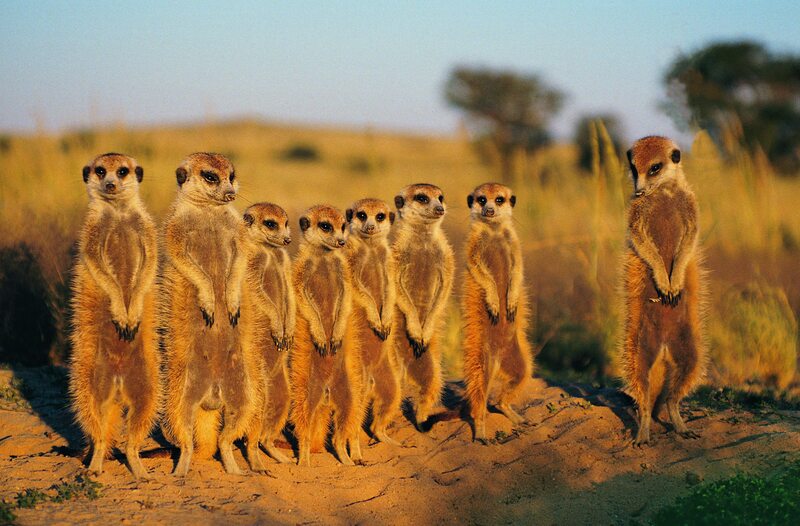
The golden sands and pristine dry ecosystems of the Kalahari make it one of Africa’s most iconic natural reserves. During the rainy season, the reserve becomes a lush haven for migratory animals, including various species of African antelope such as the black-tailed wildebeest and springbok. It is also home to larger predators like lions, cheetahs, and leopards.
Location: Botswana, Africa
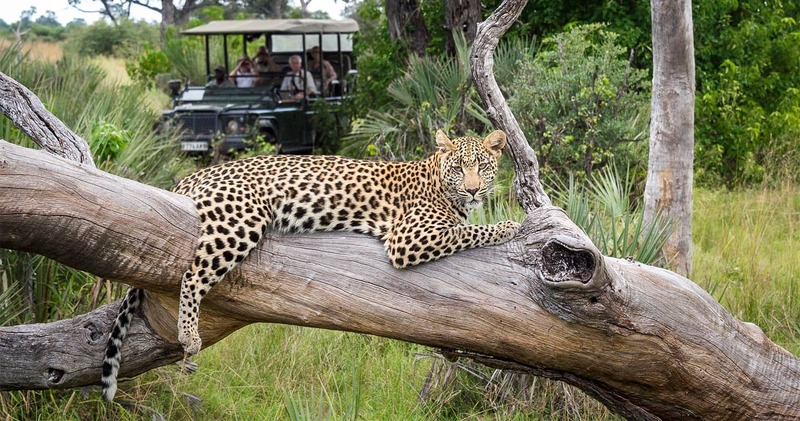
Moremi Game Reserve, located in the northeast of Botswana, covers 3,900 square kilometers, accounting for around 20% of the Okavango Delta. It is widely regarded as one of Southern Africa’s most representative wildlife reserves, known for its exceptional ecological conditions and abundant wildlife.
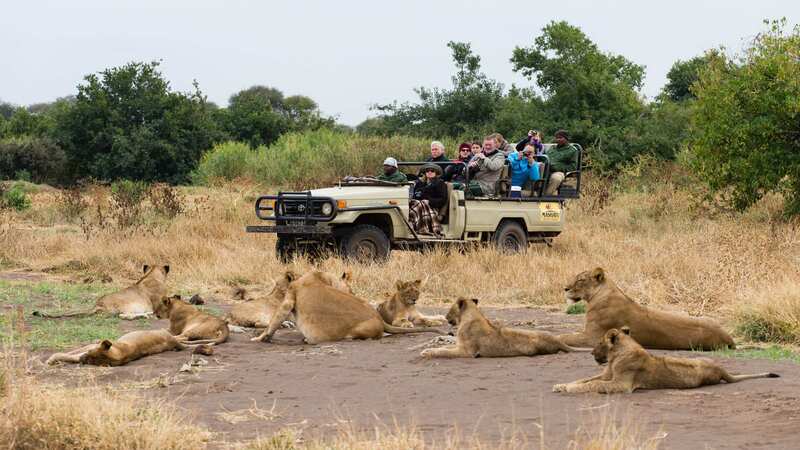
The reserve features a blend of marshy wetlands and dry savannah, creating a unique habitat for a diverse range of species. This reserve is renowned for its spectacular scenery and its status as a key region in the Okavango Delta.
Location: Dubai, United Arab Emirates
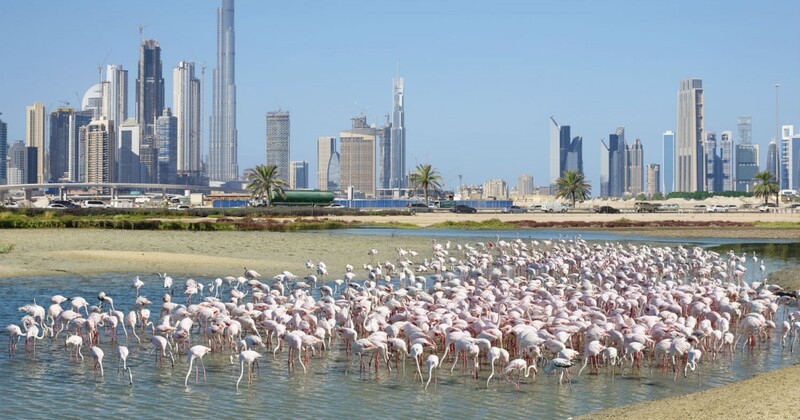
Ras Al Khor Wildlife Sanctuary is a wetland reserve located in Dubai, UAE, renowned for its rich diversity of migratory birds. It is one of Dubai's largest wildlife reserves and is currently being developed as a major international wetland site. Ras Al Khor is home to a wide variety of bird species, crustaceans, small mammals, and fish, offering a peaceful sanctuary for these creatures.
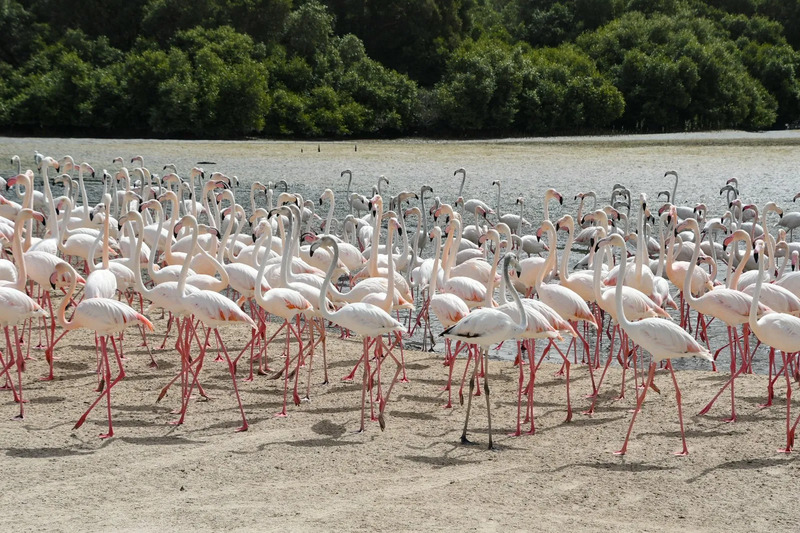
The flamingo population, particularly the large and striking Greater Flamingo, is a notable feature of the reserve. The presence of over 500 flamingos adds to the attraction, making Ras Al Khor a unique ecological landscape in the heart of Dubai.
Location: Kachin State, Myanmar
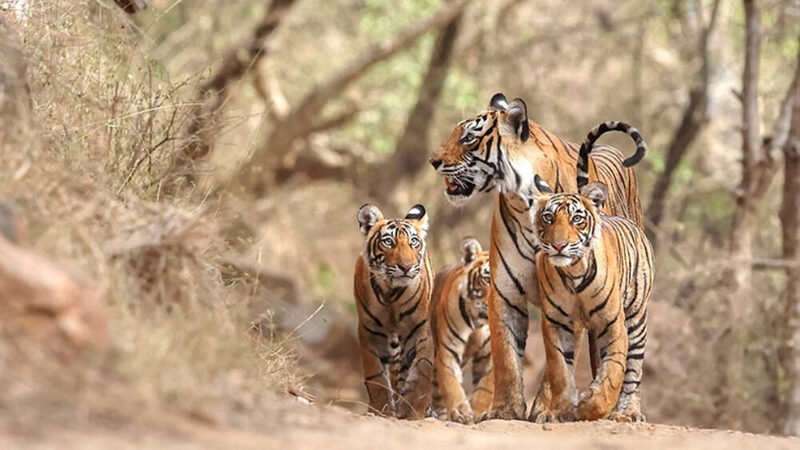
The Hukang Valley Nature Reserve, located in the northern Kachin State of Myanmar, is a crucial habitat for the endangered Indochinese tiger. In 1999, WWF conducted an investigation and identified the region as having vast potential for tiger conservation.
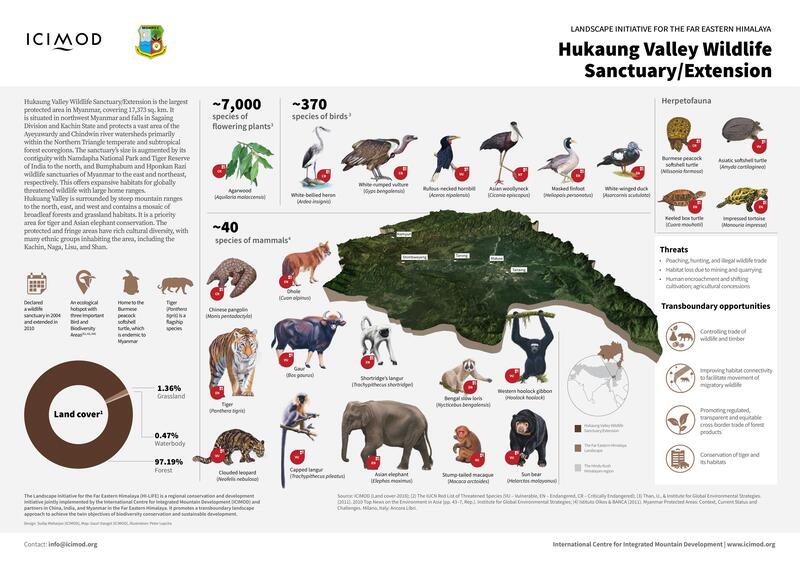
With proper protection and management, tiger populations could potentially increase dramatically. Besides tigers, the reserve is also home to various rare species, including leopards, Asian elephants, wild boars, and the endangered green peacock.
Location: Canterbury Region, Christchurch, New Zealand
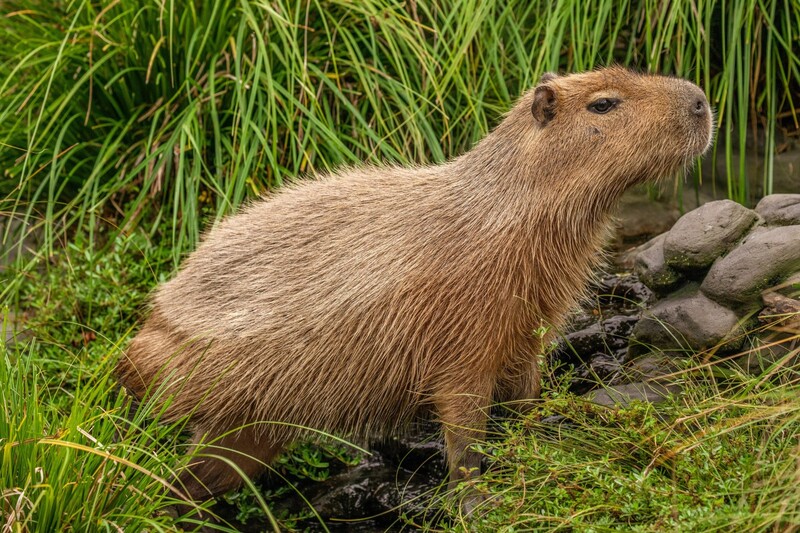
Willowbank Wildlife Reserve is situated in the Canterbury region of New Zealand and has been dedicated to the conservation of endangered species since it opened to the public in 1974.
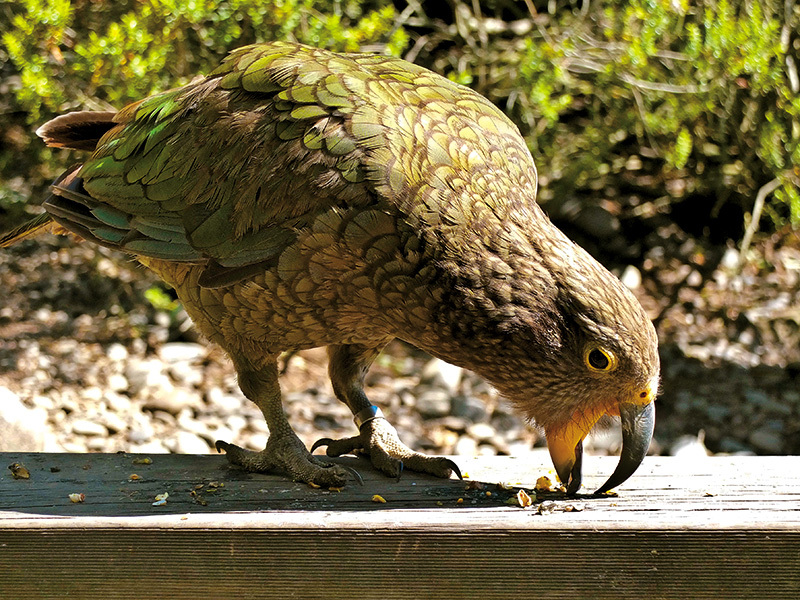
The reserve plays an essential role in protecting native bird species, including the kiwi, and provides a sanctuary for over 100 species of animals, many of which are rare or endangered. It is one of New Zealand’s key breeding sites for native birdlife and serves as an important part of the country’s biodiversity conservation efforts.
Location: Nakhon Ratchasima Province, Thailand
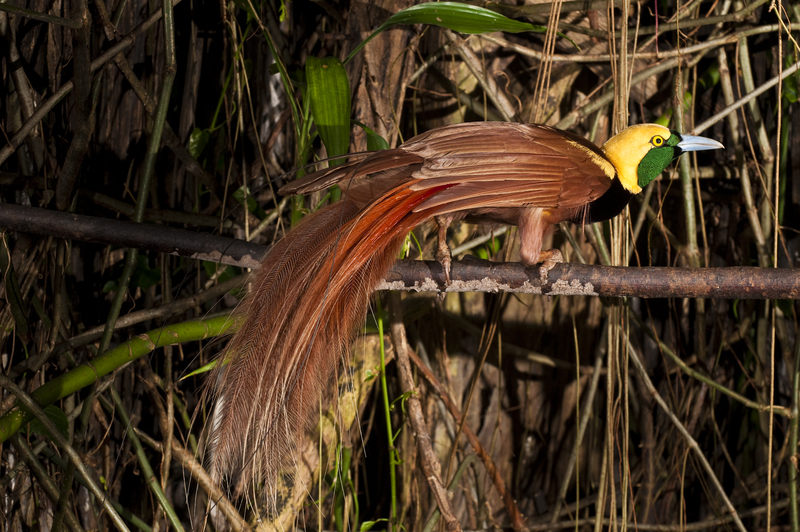
Khao Yai National Park is located in central Thailand and is one of the country’s largest and most famous wildlife sanctuaries. It covers an area of over 2,000 square kilometers and is home to a wide range of flora and fauna, including elephants, tigers, and gibbons.
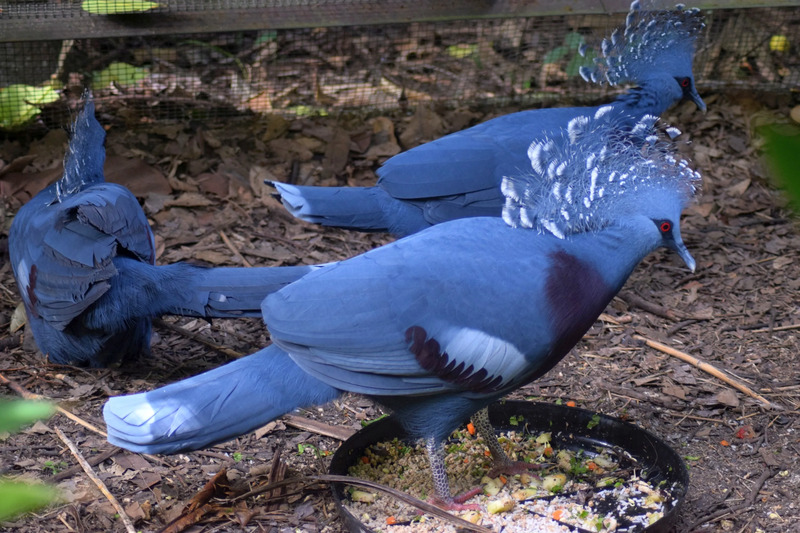
The park is a UNESCO World Heritage Site, praised for its lush forests, waterfalls, and rich biodiversity. Visitors can explore the park on foot or by car, making it a popular destination for eco-tourism and wildlife enthusiasts.
animal tags: